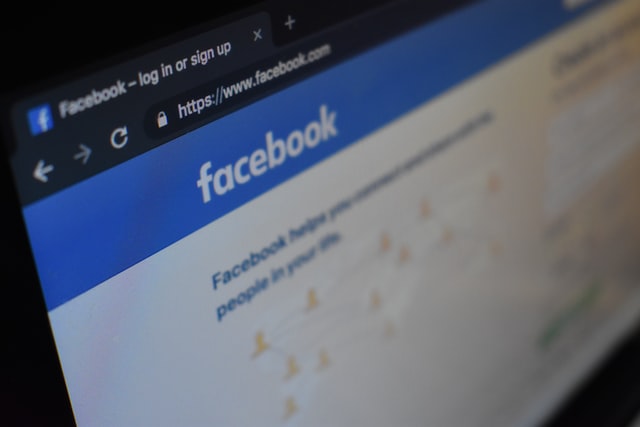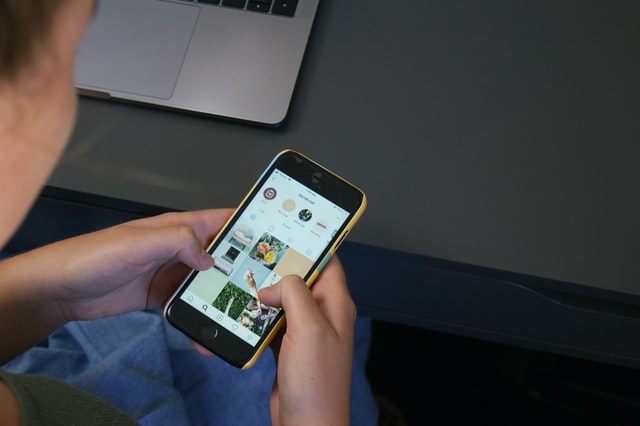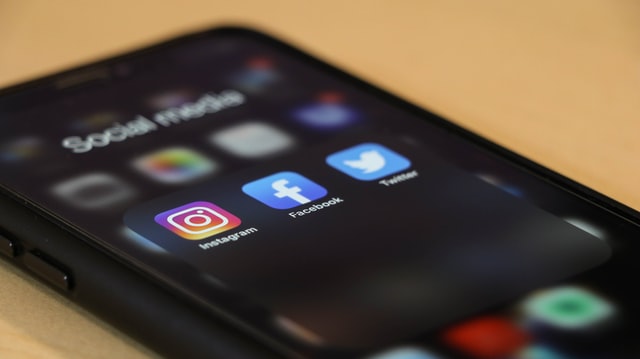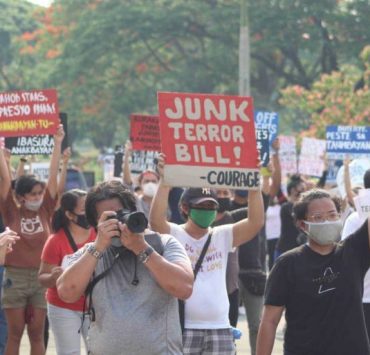Because of the pandemic, social media has seen a spike in usage as one of our few available forms of communication as we stay at home.
Worldwide, Kantar reported an increase of 61 percent over normal usage rates of social media engagement in a study of approximately 25,000 consumers. Facebook also said that in many countries hit hard by the virus, they have recorded over 50 percent increase in total messaging last March.
According to The ASEAN Post, a GlobalWebIndex survey showed that around 64 percent of Filipinos who participated in their study said that their time on social media increased, compared to the global average of 47 percent.
This simply means that more people are now using social media, hence an increased need for us to be more responsible online. Aside from circulating fake news and unverified information, another social media concern amid the pandemic is sensitivity, especially towards those who might be struggling right now.
Among the things we—and probably most netizens—have seen are people (especially public figures) flaunting their wealth online.

Although most of them don’t have bad intentions in posting their photos or updating their statuses, we must still be sensitive to the plight that others are facing during this worldwide crisis.
Because really, now is not the time to “humble brag.” While you may be enjoying lavish meals cooked by your personal chef, some are out there trying to figure out how and where they can get their next meal. While you just got a new item from a luxurious brand, some are out there selling their stuff so that they can pay off debts they incurred during the still-ongoing pandemic.
We couldn’t care less about where you spend your money and we’re happy that you’re thankful for your uninterrupted blessings, but we must all remember that there are still people out there struggling to make ends meet. Some of them could be your followers, and even if they aren’t, it costs nothing to be more mindful towards other people’s plight online.
The rise in social media usage has made public figures gain even more visibility, and The Washington Post notes that even using the business mindset, “smaller choices, such as whether to post luxury good ads amid catastrophic unemployment, might feel out of touch and could drive followers away.”

Princeton Mercher’s regional chamber raised an incredible point: “Before you create a Facebook post, stop and consider the content, especially as the world combats the coronavirus pandemic. Imagine your post appears next to a serious update about the coronavirus. Is it missing the mark? Does it appear to lack sympathy and compassion?”
This thought might be something wise to keep in mind when using social media. It also doesn’t just apply to posting extravagant stuff; social media sensitivity also applies to the humor and wording that you use online when expressing your thoughts. Is it insensitive to the people suffering right now? Or is it seemingly belittling others’ efforts to cope with the financial repercussions of the pandemic? Maybe you should keep it in the drafts first.
Header photo by dole777 on Unsplash
Get more stories like this by subscribing to our weekly newsletter here.
Read more:
Instagram and the harassment problem it helped create
Instagram unveils Bully Filter just in time for Anti-Bullying Day
Don’t use the pandemic as a sorry excuse to disregard human rights
Writer: YANN MAGCAMIT




